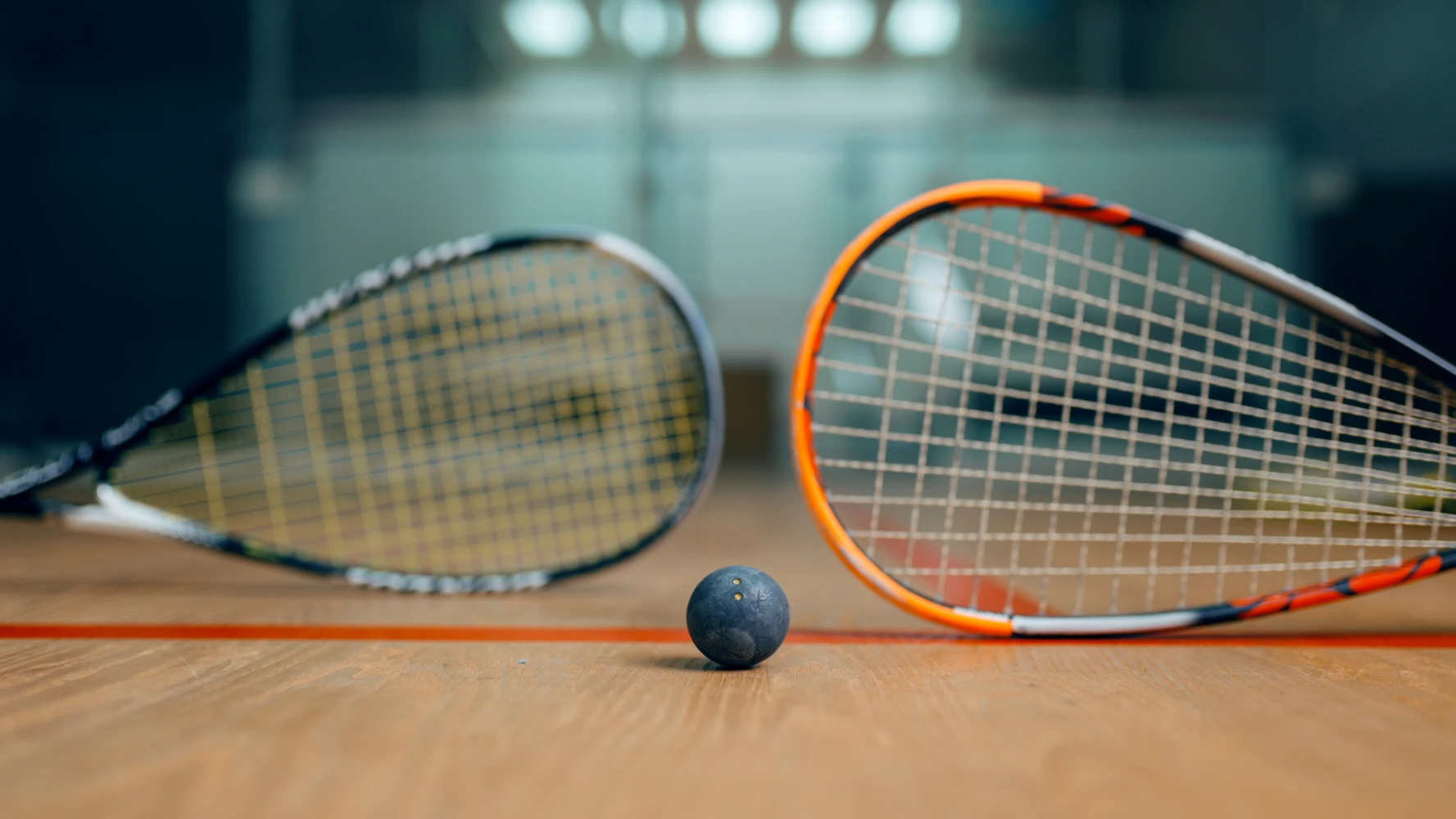Badminton is a sport of great versatility. While singles is a matter of endurance and serving skills, doubles is a true game of chess. A team's success relies not only on each player's individual technique but, most importantly, on their ability to communicate and position themselves intelligently on the court. To dominate in doubles, teamwork and strategy are as important as power and speed.
Positioning Systems: Offense and Defense
The key to a good doubles game is positioning. There are two basic formations that players must alternate between depending on the rally's situation.
Attacking Formation: Front-Back
When to use it? When the shuttle is low and you have an opportunity to attack.
How does it work? One player positions themselves at the front of the court to intercept short returns, while their partner stands behind them to smash high shuttles. This formation puts constant pressure on opponents.
Defensive Formation: Side-by-Side
When to use it? When you are under pressure or the opponents hit a smash.
How does it work? Both players stand side-by-side on their respective halves of the court. This formation allows for better coverage of the court's width and provides a more solid defense against smashes and attacks.
The Importance of Communication
Doubles is a sport where you can't play alone. Clear and quick communication is essential to avoid errors and missed shots.
"Mine!" or "Yours!": The basics of communication. If a shuttle lands in the center of the court, a clear shout of "Mine!" or a hand signal designates which player will hit, thus avoiding the risk of a collision or a fatal hesitation.
Service Cues: When serving, discreet communication (for example, with fingers) indicates the type of serve you will perform (short or long), which gives your partner time to prepare for the correct formation.
Winning Tactics: Dominating the Net and Fatiguing the Opponent
Once positioning and communication are mastered, it's time to integrate more advanced tactics.
Dominate the Net: The net is the most strategic area in doubles. The player at the net can intercept short shuttles and deliver the final blow. The goal is to force opponents to lift the shuttle so you can then attack them.
Attack the Weaker Player: If one of the opponents seems weaker or less comfortable, don't hesitate to focus your attacks on them. This can force them into mistakes and put them under psychological pressure.
Rotate: To maintain pressure and avoid staying in a static position, the team must constantly move. After a smash, the player who hit it moves back into an attacking position behind their partner, and if defense is needed, both players reposition in a "side-by-side" formation.
Conclusion: Doubles, a Game of Trust and Teamwork
Doubles badminton is a sport that is won as a pair. It's not enough to have good reflexes; you also need a tactical sense and complete trust in your partner. By mastering the basics of positioning, communicating constantly, and adapting your strategy to each rally, you will transform your team into a war machine ready to face any opponent.




Comments